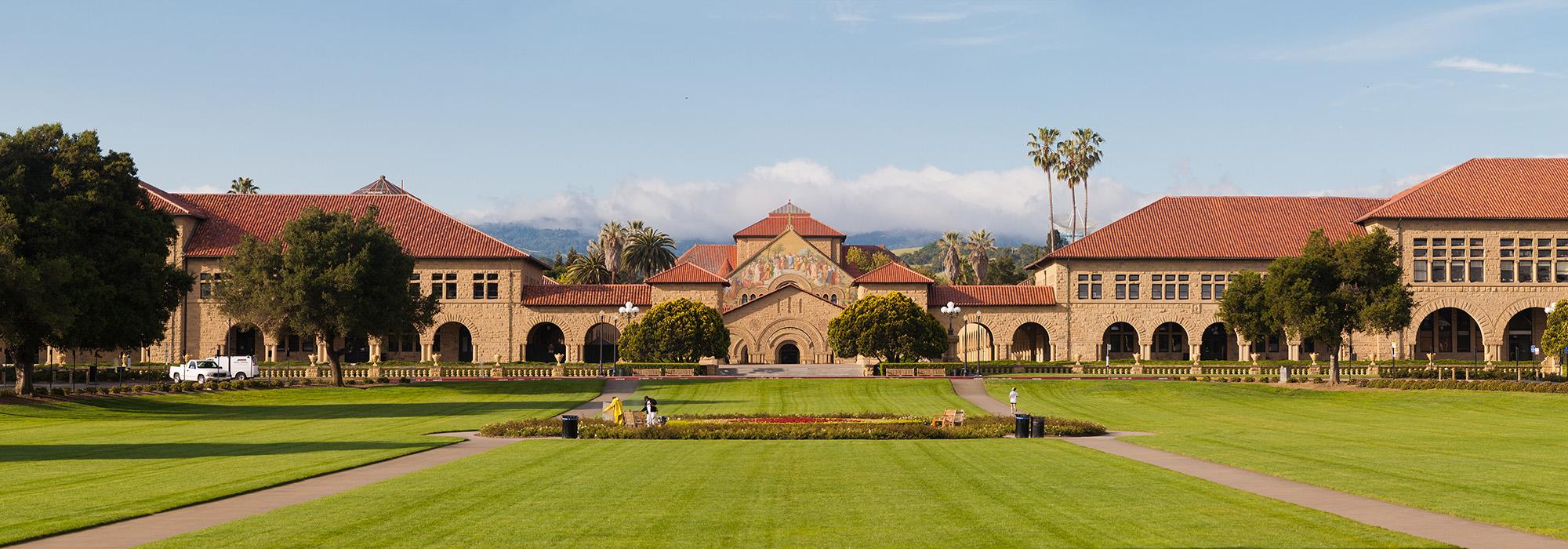

At the Qiu Lab, our mission is to unravel and predict the intricacies of gene regulatory networks and cell-cell interactions pivotal in mammalian cell fate transitions over time and space, with a special emphasis on heart evolution, development, and disease. We are a dynamic and interdisciplinary team, harnessing the latest advancements in machine learning as well as single-cell and spatial genomics. By integrating the predictive power of systems biology with the scalability of machine learning, we aim to achieve groundbreaking insights into mammalian cell fate transitions. Our approach is defined by a commitment to innovation, collaboration, dedication, and a deep desire to demystify genetics and developmental biology for human health and medicine.
The Qiu Lab pioneered in developing several powerful computational software, such as Monocle 2/3, Dynamo, and Spateo for the emergent single-cell and spatial genomics datasets. See more below:
The Qiu Lab has developed a suite of computational software for preprocessing, analyzing, and interpreting emergent single-cell and spatial genomics data. During Dr. Qiu's Ph.D. at the University of Washington, under the guidance of Dr. Cole Trapnell, he developed Monocle 2/3, which robustly and accurately infers developmental trajectories from single-cell genomics data. In collaboration with Sreeram Kannan and Arman Rahimzamani at UW, he developed Scribe, a tool for learning causal regulatory networks. As a postdoctoral fellow with Dr. Jonathan Weissman at the Whitehead Institute and MIT, together Yan Zhang from Jianhua Xing’s lab at Pitt, he created Dynamo, a predictive tool capable of making non-trivial predictions about the optimal set of reprogramming factors and performing in silico perturbations. He also worked with Joseph Min to develop Dynast, an inclusive and efficient quantification tookit for metabolically labeled enabled scRNA-seq datasets.
Currently, Dr. Qiu is leading a dynamic team in developing the Spateo framework, which facilitates multi-scale (subcellular to whole-embryo) modeling of emerging spatial genomics datasets. The Qiu lab is also actively engaged in creating differentiable models that map cell state transitions over time and space using graph neural networks, neuralODEs and others. Moreover, the Qiu Lab is committed to constructing foundational models of single cells using attention-based transformers and diffusion models.
Ultimately, the Qiu lab aims to develop an end-to-end, predictive foundational software ecosystem, Aristotle, for quantitative spatiotemporal modeling of spatial and single-cell multiomics.